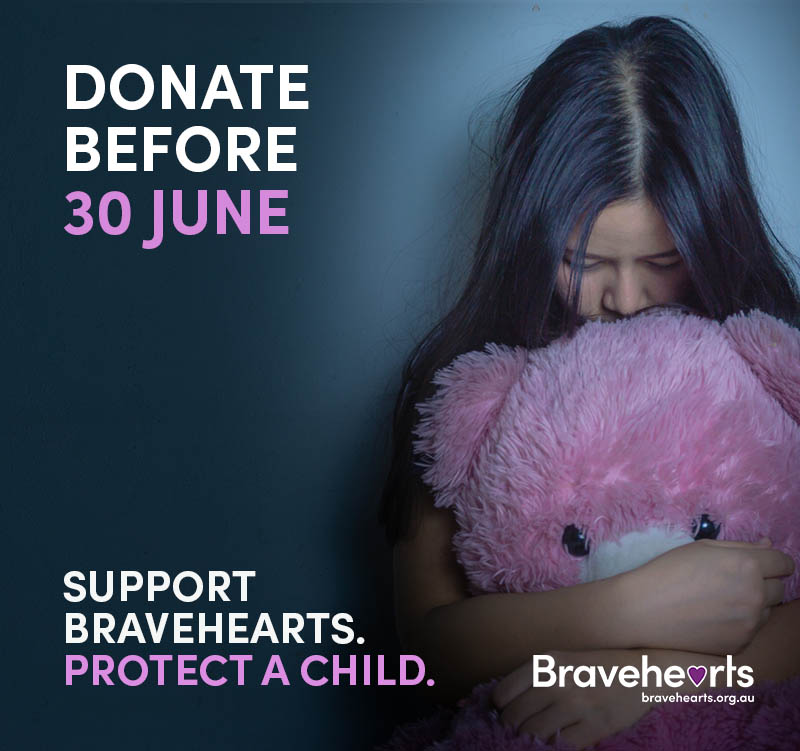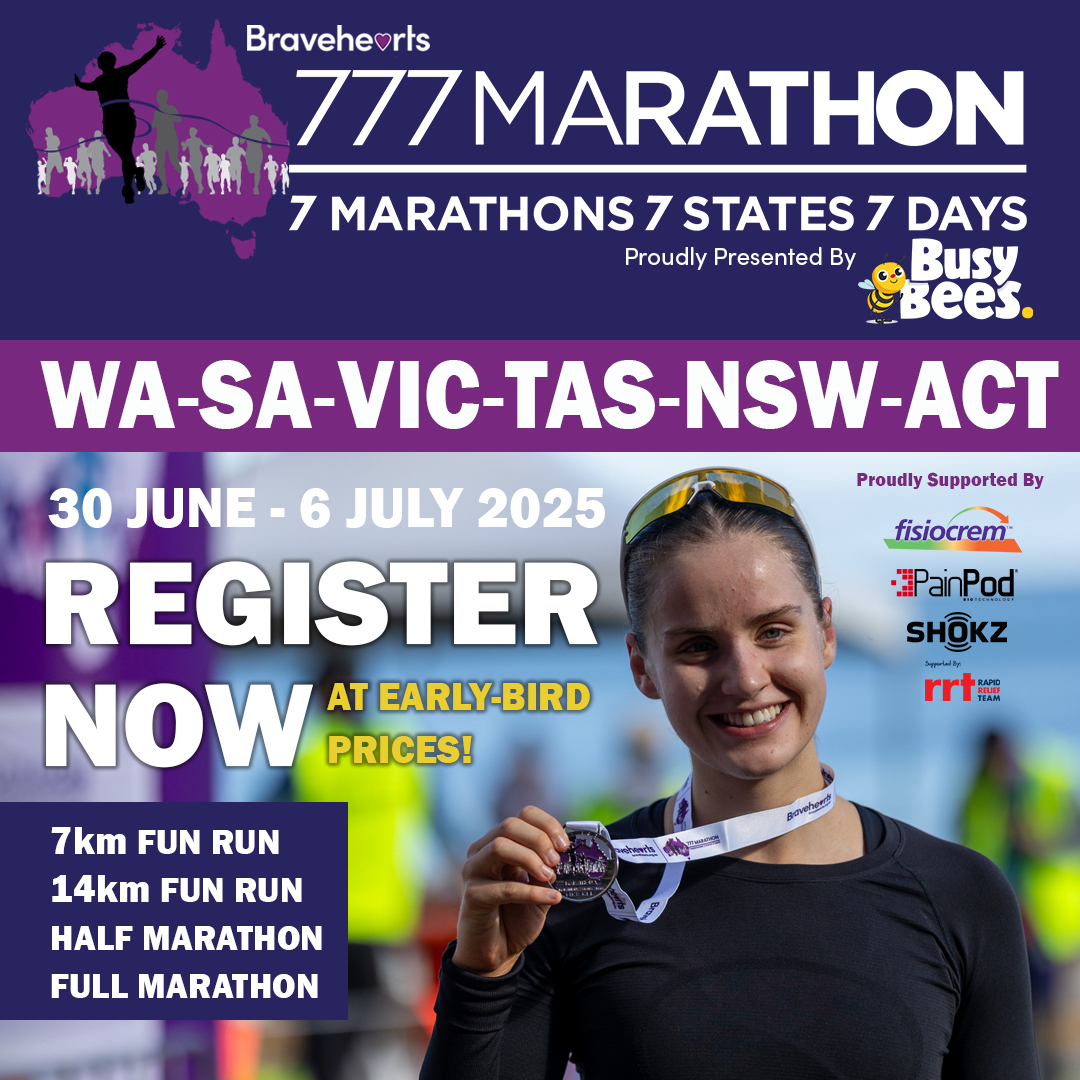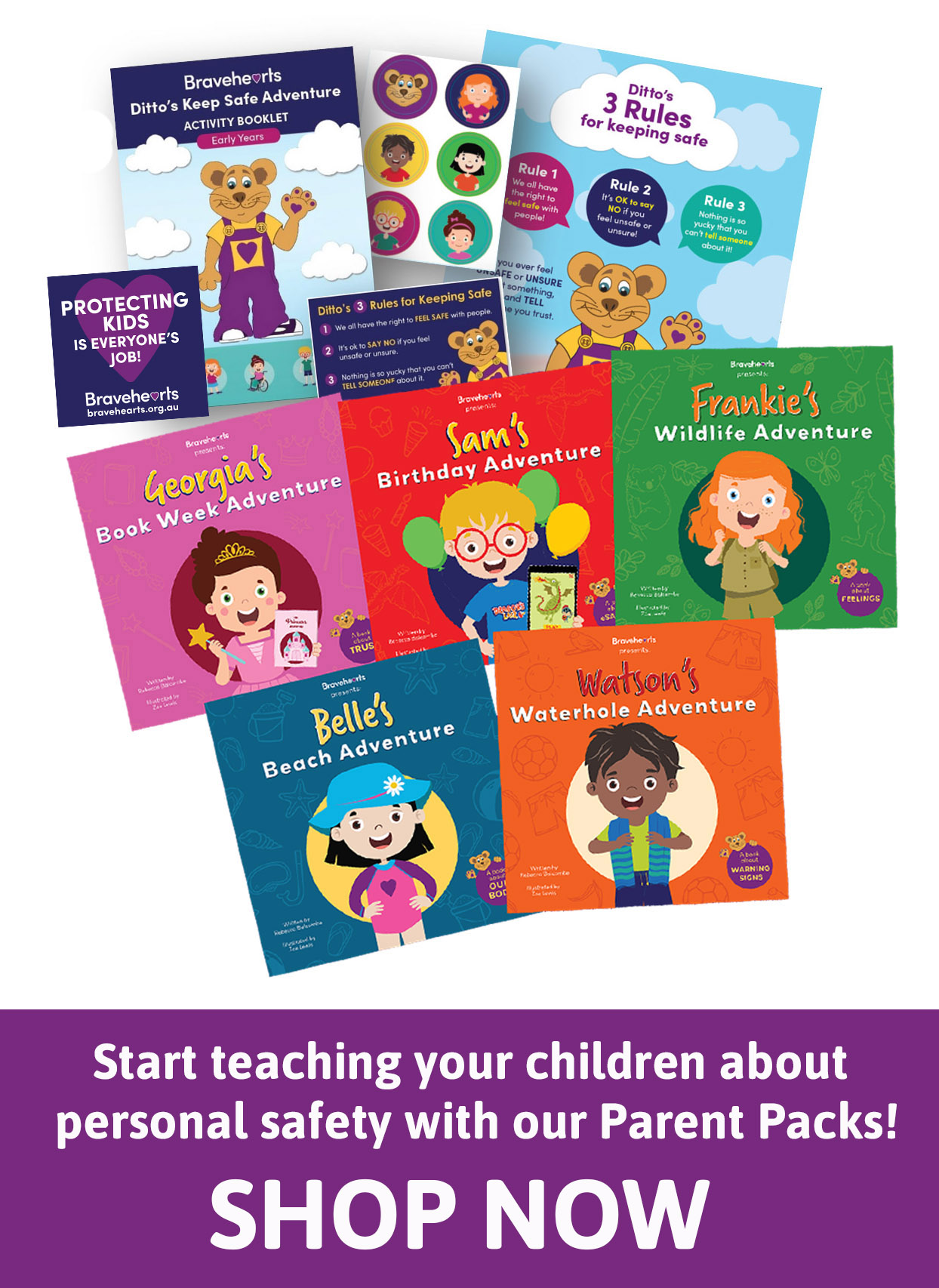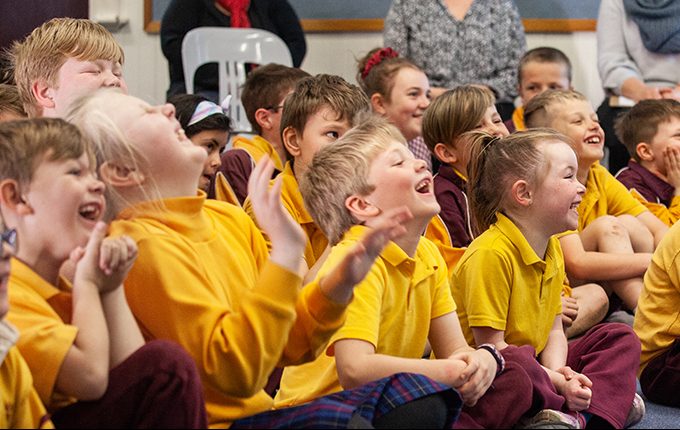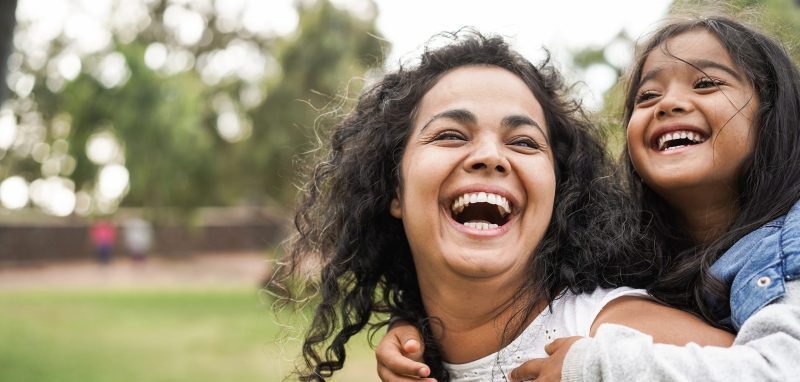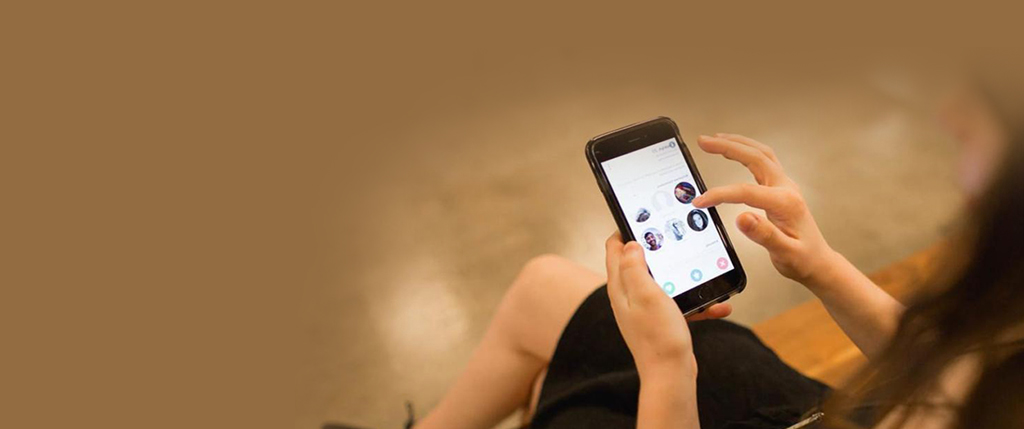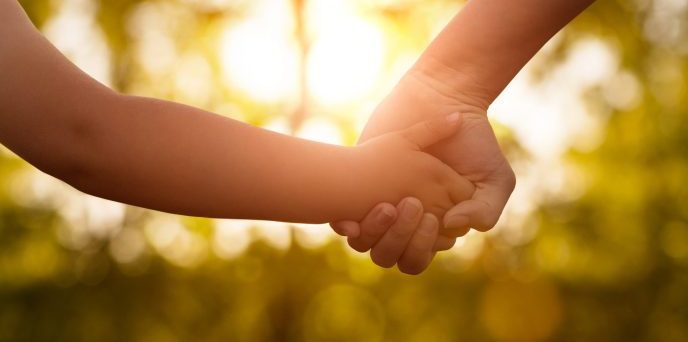About Child Sexual Abuse
- Free Resources
- What is Child Sexual Abuse?
- What are the Signs of Child Sexual Abuse?
- What are the Effects of Child Sexual Abuse?
- What is Grooming?
- What is Consent?
- Sexual Behaviours in Children
- Myths About Child Sexual Abuse
- Online Grooming & Child Sexual Exploitation
- Teaching Children Personal Safety
- Responding to a Disclosure of Sexual Abuse
- Historical Child Sexual Abuse
Helpful Links
- Home > About Child Sexual Abuse > Teaching Children Personal Safety
Teaching Children Personal Safety
Teaching children personal safety strategies can help them build confidence and resilience, and help keep them safe.
One of the most important things we can do as a parent or carer is help our children understand and identify when something doesn’t feel right or safe, and to talk to a trusted adult without fear of consequences. This is what teaching children personal safety is all about.
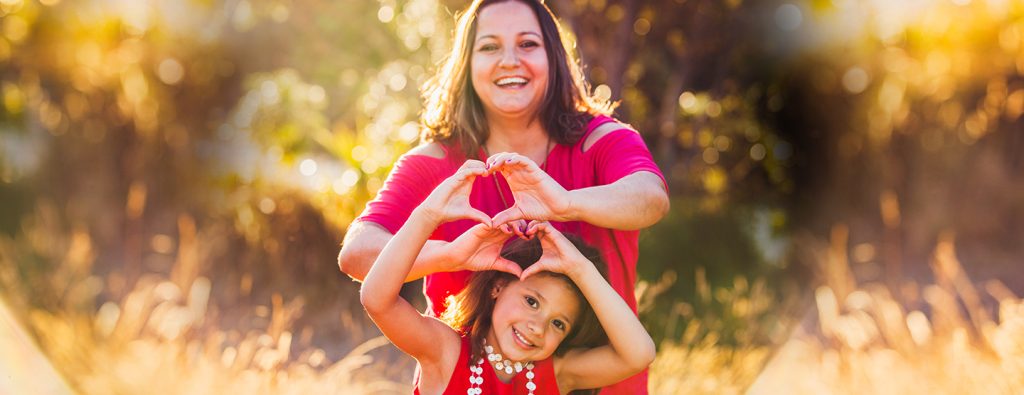
Benefits of teaching children personal safety
- Can reduce the likelihood of a child entering into an unsafe situation.
- Clearly demonstrates to the child how to respond to an unsafe situation.
- Increases a child’s sense of confidence and in doing so increases their resiliency.
- Increases a child’s knowledge of their personal rights i.e. “I have the right to feel safe with people”.
- Increases the likelihood that the child will speak out if they feel unsafe and tell someone they trust.
- Can interrupt or prevent grooming.
The 3 rules of personal safety
Parents should instill in their children the following three personal safety rules:
- We all have the right to feel safe with people.
This rule teaches children and young people that they have the right to feel safe and secure where they live, play, and learn, and that no one has the right to make them do something that makes them feel unsafe or unsure. - It’s OK to say ‘NO’ if you feel unsafe or unsure.
This rule teaches children and young people that it is OK to stand up for themselves and to be assertive if something doesn’t feel right. - Nothing is so yucky that you can’t tell someone about it.
One of the reasons that children and young people fail to disclose harm is because they are afraid of getting into trouble. This rule helps to encourage them to speak to a trusted adult, even if something seems scary or terrible.
How to talk to your child about personal safety
- Speaking with your child about personal safety should not be a one-off conversation. Rather, create opportunities that allow talking about personal safety to be part of an ongoing dialogue between you and your child. Always let your child know you are there for them, and keeping them safe is your number one priority.
- It is recommended that you teach your child the correct language for their private parts. Emphasise that those parts are private and belong to them.
- Try not to scare or alarm your child. Speak calmly and confidently, keeping a neutral, natural tone, ensuring that you allow time for your child to process the information and ask questions. Never make them feel ashamed or embarrassed about sexuality or body parts.
Online safety is important too!
Teach your child never to give out their last name, address, or phone number to a person on the Internet and never to meet Internet friends in person without a parent’s supervision and consent. Parents should help children choose a screen name that does not disclose information about their location. Teach children not to post pictures with identifying information such as a school uniform. Always keep your computer in a public area of your house – not in a child’s bedroom. Learn more about children and online safety.
If you have any concerns and wish to talk with one of our trained staff, contact the Bravehearts Information and Support Line on 1800 272 831.
 BACK
BACK
